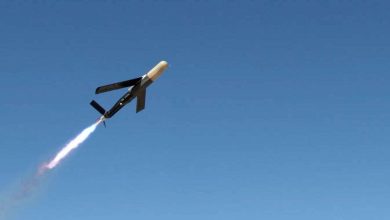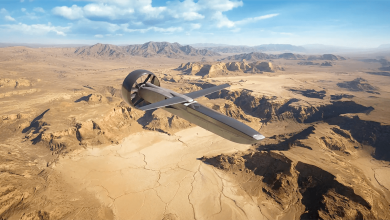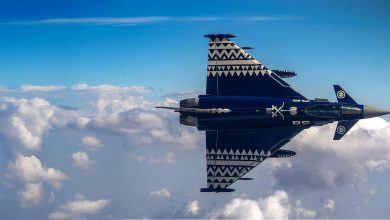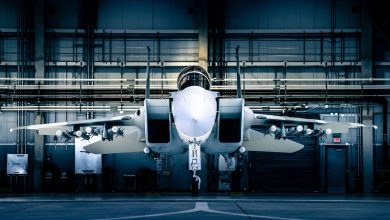“Meet Camilla Montén: Patria Helicopters AB’s Trailblazing New Managing Director”
Camilla Montén Appointed Managing Director of Patria Helicopters AB
Camilla Montén, 56, holds an MSc in Engineering and has been appointed as the new Managing Director of Patria Helicopters AB. Based in Stockholm-Arlanda, she will begin her role on June 1, 2020, succeeding Peter Örjes, who will transition out of the company after a brief period. With extensive experience leading sales and business operations in both manufacturing and service industries, Montén has honed her skills in international organizations as well as smaller Swedish firms. Her background includes managing businesses that meet high-quality demands from external stakeholders.
“Patria’s Helicopters unit in Sweden has been a pivotal player in the helicopter maintenance sector since 1947. We are confident in Camilla’s ability to elevate the company, expanding our helicopter maintenance operations in alignment with our strategic goals. She possesses solid experience and demonstrates a proven track record in enhancing capabilities, operations, and organizational development. We also extend our gratitude to Peter Örjes for his contributions that have shaped this unit’s current status, and we trust that the transition will proceed smoothly with support from all involved,” remarks Jukka Holkeri, President of the International Support Partnerships business unit at Patria Group.
“Patria is an intriguing, customer-focused organization with a professional team dedicated to serving long-term clients with high standards. This presents an excellent opportunity to further develop the unit and explore new business avenues. I am excited to embark on this new chapter,” says Camilla Montén.
Patria Helicopters AB is a segment of the International Support Partnerships business unit, specializing in comprehensive life cycle support services. Key functions of this unit include maintenance and repairs, modifications, spare parts supply, and technical support. The main facilities of Patria Helicopters AB are situated in Arlanda, Stockholm.









